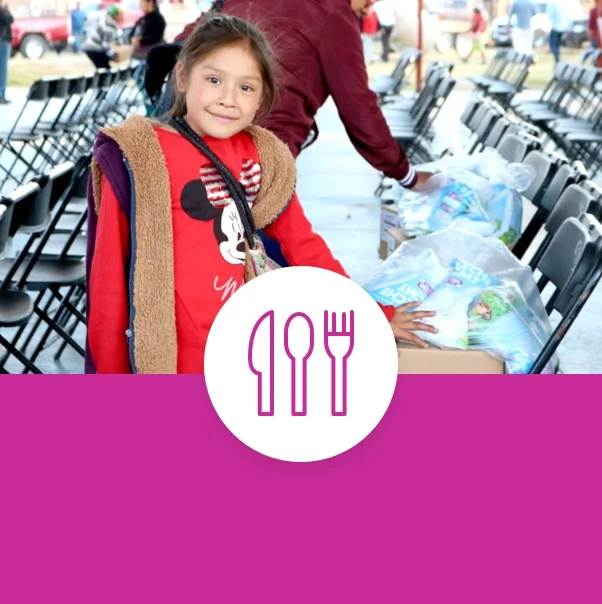
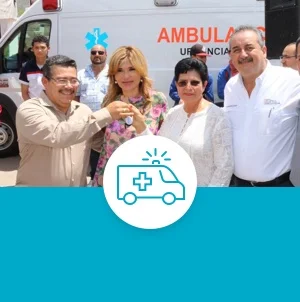
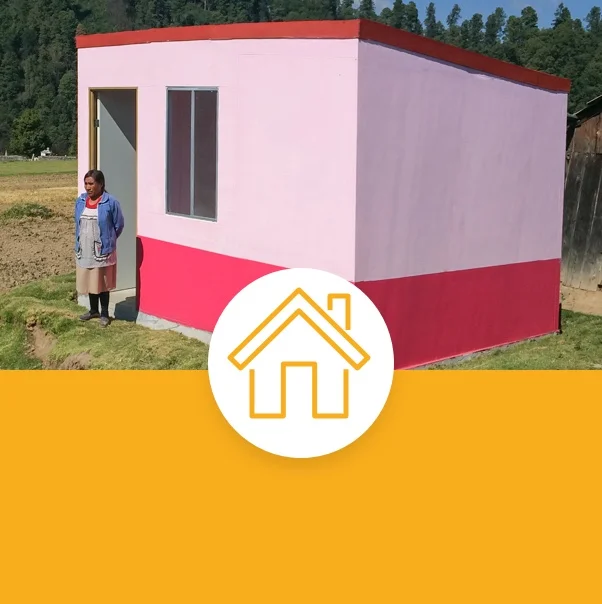
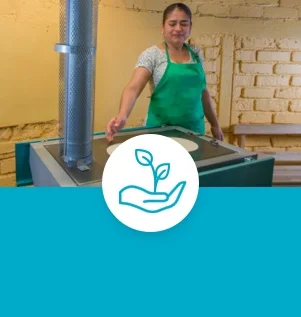

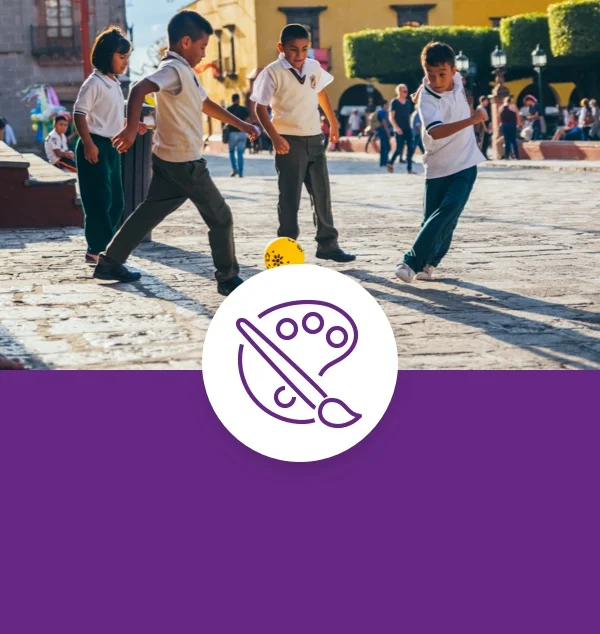
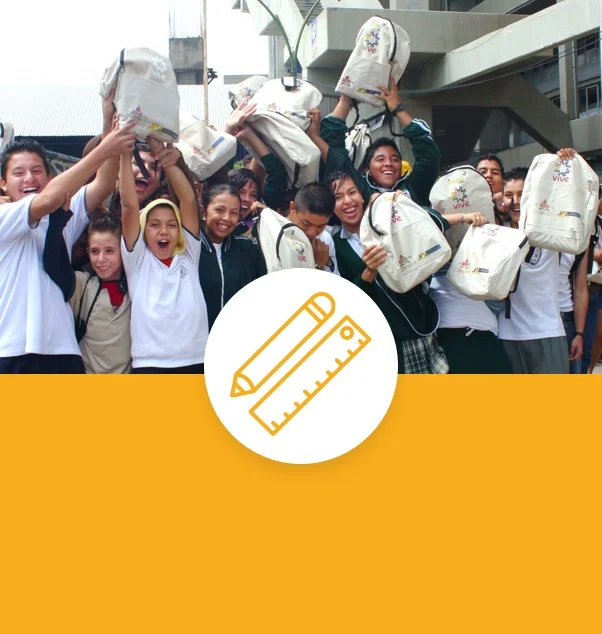
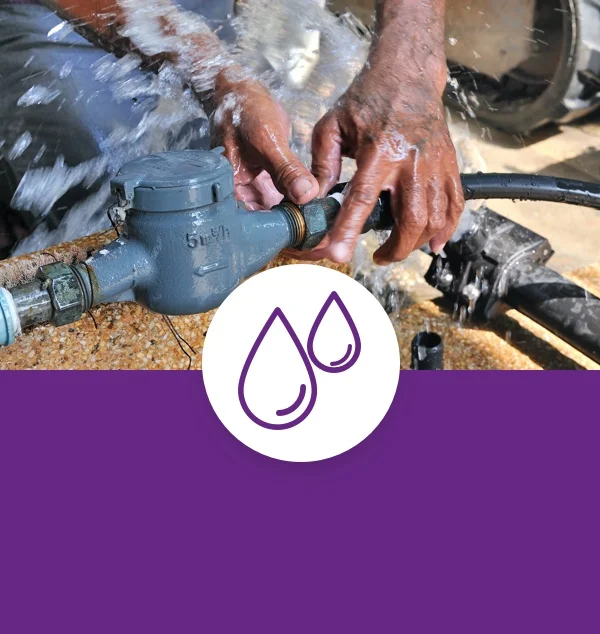
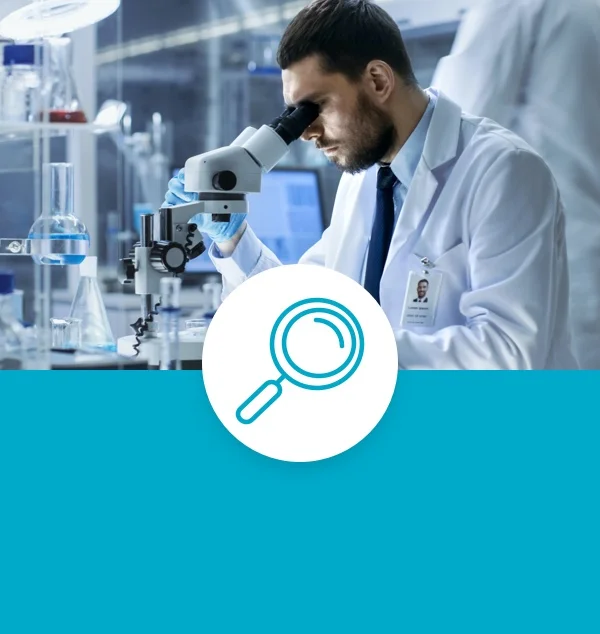
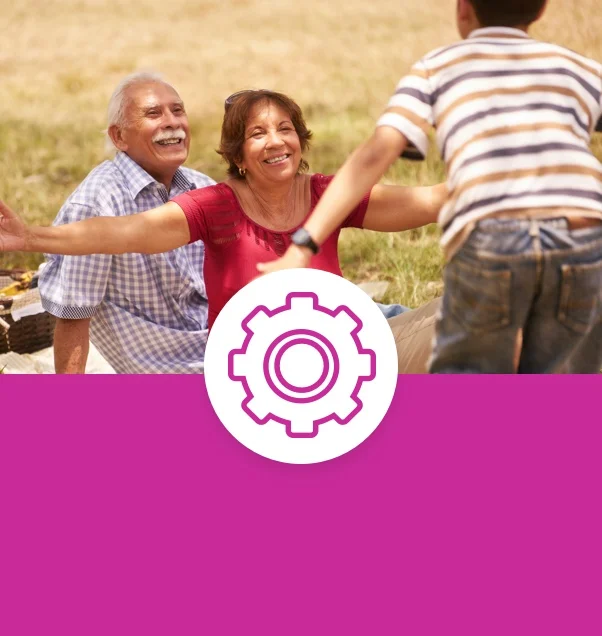
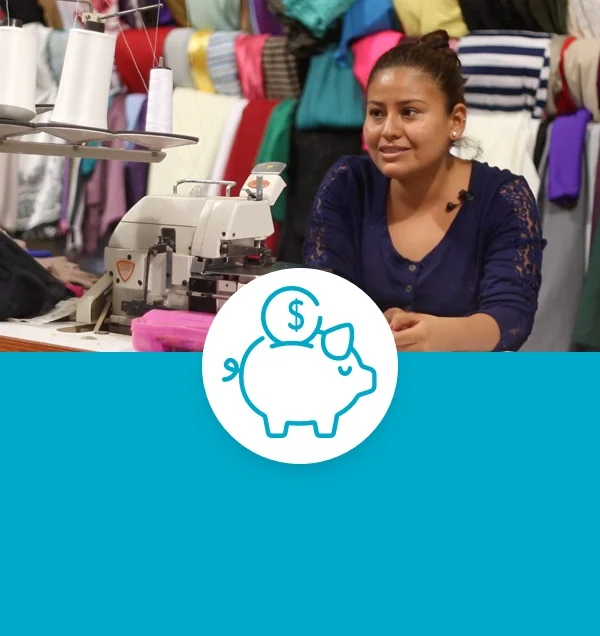
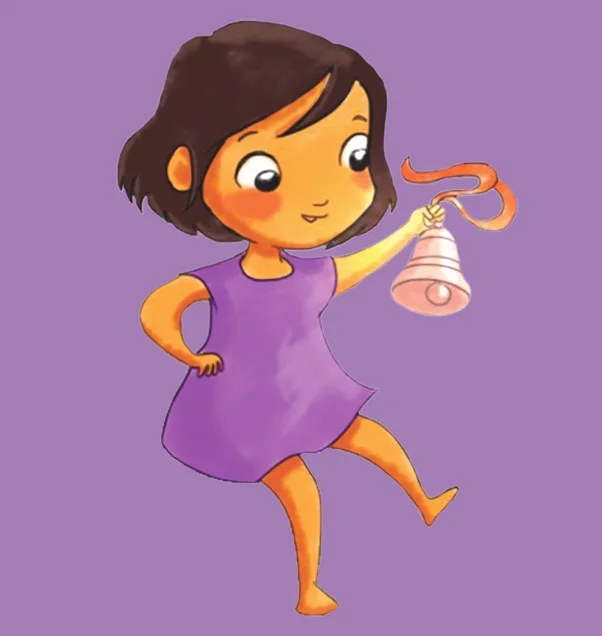
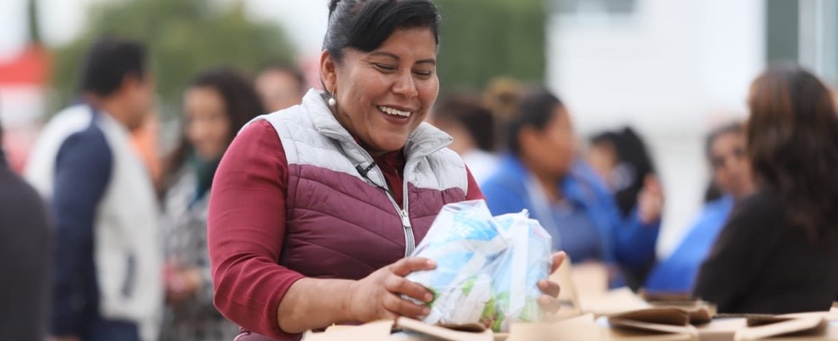

Hunger and malnutrition represent the biggest risks for health globally. Studies by UN show that 1 out of 9 people do not have the basic food to perform a healthy and active lifestyle. Food insecurity does not produce nutritional problems only, but also huge expenses in public health, educative development, and productivity in economically active population. All those factors lead to poverty and then, to low or null development of people.
Having difficulties to access to food is an evidence that people have lost their right to have food, that is why Congregación Mariana trinitaria, A.C. through this program, wants to contribute to a balanced diet of healthy food in the most vulnerable people, to have a positive impact by decreasing the lack of access to food.
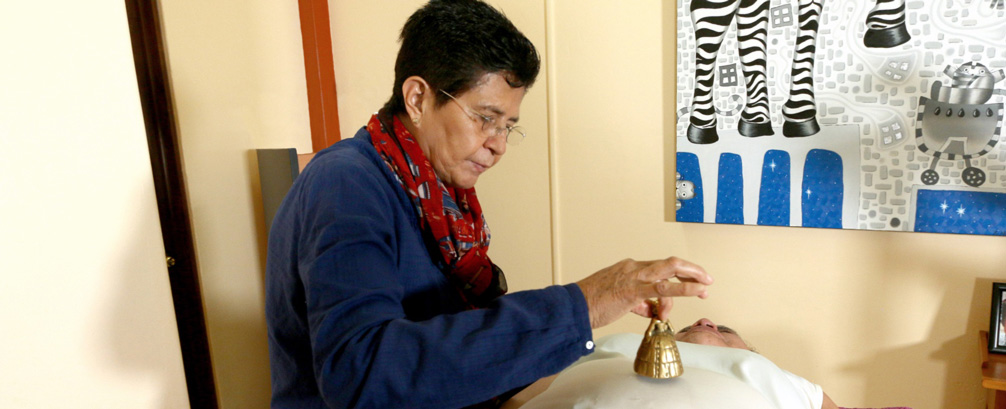

Generally, loss of health causes several alterations in different areas because diseases are caused by a progressive damage on quality of life, with a possibility to cause disabilities or mortal illnesses.
Sick people are less productive, and that aspect causes a progressive detriment on the economy of families so, Congregación Mariana Trinitaria, A.C., through this program, wants to create or increase opportunities for families, specially the most vulnerable ones, to allow them to have access to health services, by implementing integral solutions that fulfill high-quality standards that may have a positive impact in their conditions of life.
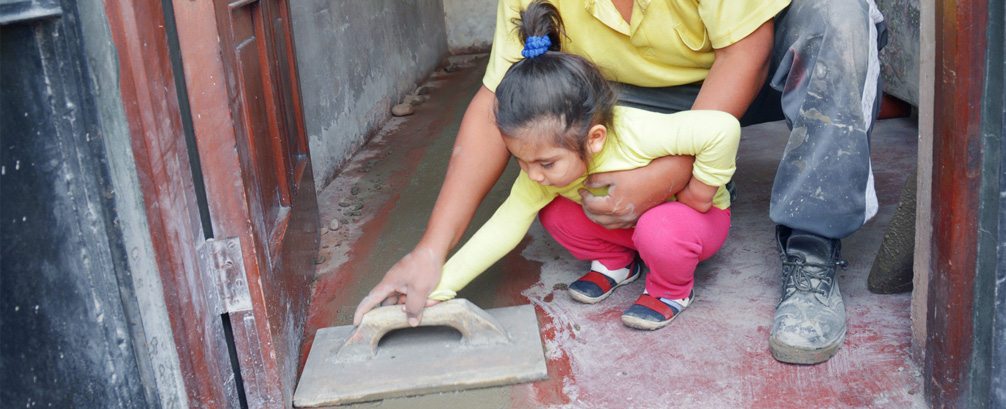

In Mexico and the rest of the world, housing represents one of the main problems in economic and social areas, and the impact of this problem can be summarized in the following seven points:
1. High rates of housing backlog;
2. It is difficult for people to get a house due to low incomes;
3. Insecurity in housing tenancy;
4. Shortage of spaces to build houses that may offer regular infrastructure and that may be near to employment sources;
5. Difficulties to provide the same access to services in rural areas, and in the fringes of the city;
6. Big differences between houses in indigenous communities, rural environments, and urban areas;
7. Low community standards in neighborhoods.
The program of United Nations for human settlements UN HABITAT (2011), mentions that there are seven elements to consider a housing service suitable: availability of services, materials, facilities and infrastructure; affordability; and habitability. In this topic, Congregación Mariana Trinitaria A.C. through this program, provides supports and solutions to build, enlarge or improve houses; and to allow access to basic services and technologies that contribute to environmental protection.
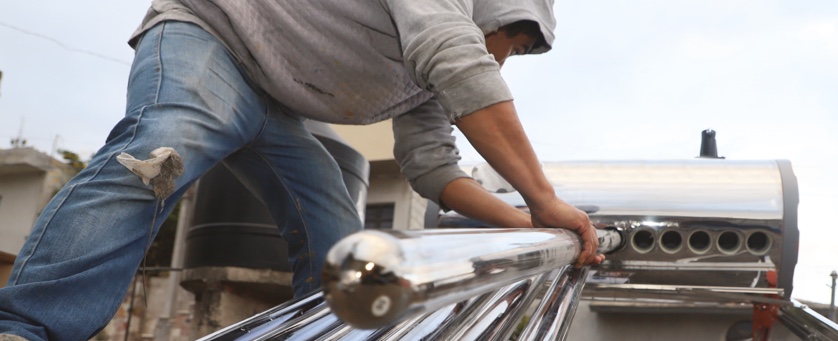

According to World Health Organization (WHO), many problems related to environment in Mexico and the rest of the world, have caused an impact on societies and global economies. As an example of this, in the Sphere of Health we already can see the consequences caused by changes in biosphere. In addition, during the last decade natural disasters caused by climate change and environmental erosion reported more than 600,000 deaths; 95% of them in poor nations.
To combat environmental problems caused by climate change and serious erosion, Congregación Mariana Trinitaria A.C. through this program, provides support and solutions to get equipment and to get works done to stop the negative impacts on the environment; to encourage research, provide training and certification in environmental issues; to use new technologies to preserve the environment and natural resources; and to develop projects to face climate change.


Nowadays, there are communities whose access to energy sources is limited. In some communities, they have to use charcoal for their activities, and they also need to sell it in order to impulse economy and to have job opportunities for inhabitants, which has caused a negative impact on the environment and also in the health of people in those areas. The lack of energy in some communities increases social exclusion and poverty.
So, with this program Congregación Mariana Trinitaria, A.C. wants to provide more opportunities to guarantee access to sustainable energy services with the objective of improving quality of life in vulnerable houses and communities through the generation of energy in low and medium scale, and installing energy savers.
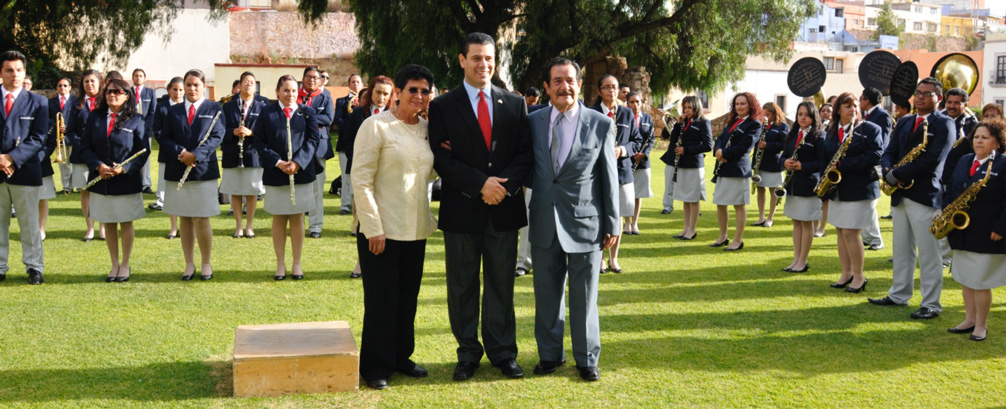

Art, culture, and sports are able to cause healthy interactions to develop personal and social identities. By having spaces such as cultural, artistic, and sports centers; it is possible to foster interchange of knowledge in people; to generate networks to support each other; to encourage a sense of belonging, and also to rehabilitate public areas. However, in developing countries, only from 0.4% to 1.3% of the budget is allocated to works in public spaces. Everyday, young people are usually kept aside and they have to face serious problems like low employability, informal and precarious employments, school dropouts, poverty and marginalization. Despite the importance of this group, they are not included in the decisions related to the development of the country in economic, political and social issues.
For that reason, Congregación Mariana Trinitaria A.C. through the program “Art, Culture, Sports and Youth”, provides support and integral solutions to build, improve or get equipment for cultural, artistic, and sports centers. It also has the objective of creating more opportunities to contribute to the development of young people, specially the ones in vulnerable situations.
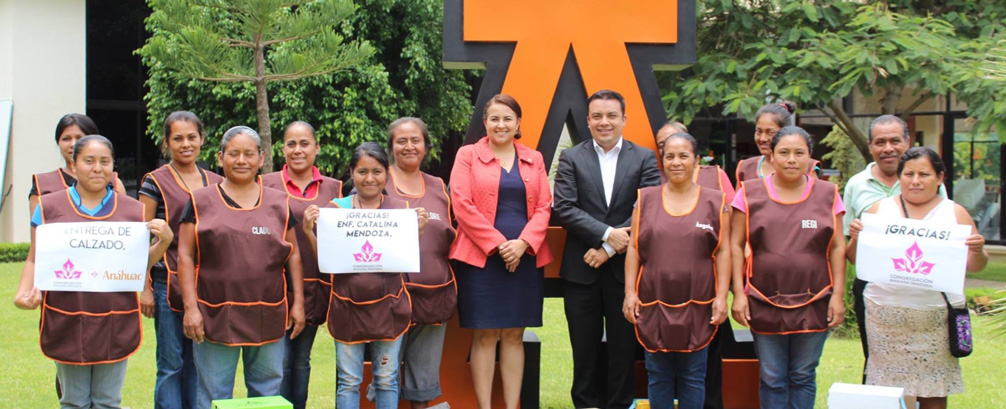

Educational lagging attempts to the development of any country. Some consequences of it are: lack of resources and exclusion; poverty and vulnerability; low and inefficient quality in education; poor training, development and performance of teachers; poor infrastructure and services in schools; as well as little use of technologies and internet.
UNESCO mentions that it is necessary to transform education completely in order to reach a full potential to solve the challenges that humanity faces nowadays. In this area, Congregación Mariana Trinitaria A.C. through this program, provides support and integral solutions to students, teachers and parents to build or enlarge buildings or to provide maintenance to infrastructure in schools.
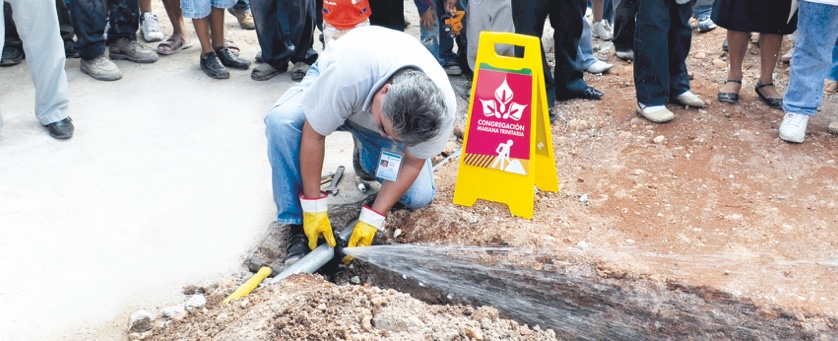

One of the most constant problems in the world is limited sanitation and supply of water for productive activities and human consumption. According to the United Nations Development Programme (UNDP), lack of water affects more than 40% of the world population. Additionally, it is necessary to point out that 844 million people do not have drinking water services, and that 80% of wastewater is led to waterways without the appropriate measures or treatment.
All that, affects the development of rainwater catchment systems for domestic and productive usage, specially for families in vulnerable situation and productive units in low and medium scale.
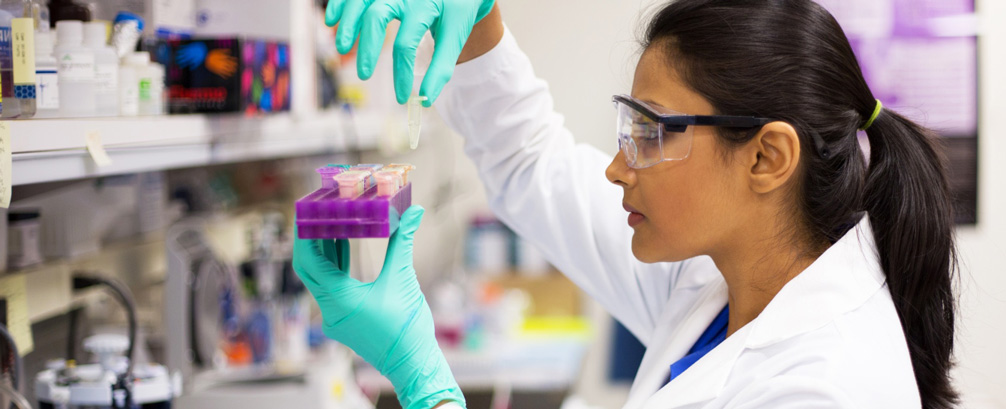

At national and international levels, public and private institutions have limited resources to impulse knowledge and research that may contribute to identify and solve social and public problems. This difficulty is related to four fundamental reasons: a) low standards in scientific culture and innovation; b) use of limited mechanisms to investigate and to support public intervention and social decoupling; c) limited tools to produce new knowledge, and d) lack of resources allocated to research and development.
As a consequence, Congregación Mariana Trinitaria A.C. through the program “Innovation and Management of Knowledge”, wants to contribute to develop public and social interventions with scientific and methodological background; and also to produce new knowledge that might contribute to development. Those actions will be a consequence of integral solutions to create documents of strategic planning based on results, continuous education, and research on global development in different topics such as: science and technology, housing, food, health, environment, education, water, security, economy, among other topics.


Institutions in charge of security and justice all over the world have presented several failures. According to the UN HABITAT, 60% of people living in developing countries have been target of delinquency at least once a year during the last five years; and Latin America is the region that crime has affected the most.
Despite that, Congregación Mariana Trinitaria A.C., through the program “Human Security” offers several supports to face the most relevant needs regarding security in communities. Institutional capacities will be strengthened by providing more resources to get equipment and technology in the areas of security and civil protection, and also to develop social and community interventions that encourage social cohesion, as well as prevention of violence and delinquency.


Exclusion in this area is the main obstacle for economic growth and productive development in any country. Some causes of exclusion are: low productive capacities, limited and inadequate public policies, poor use of local capacities to increase productivity, wide gaps in areas such as incomes, gender, region, etcetera.
So, through the program “Productive and Financial Inclusion”, Congregación Mariana Trinitaria A.C. aims to provide more opportunities to access to financial and productive mechanisms, specially the ones related to infrastructure, supplies and equipment; and also to provide training and technical assistance in topics related to productivity and finances; giving priority to people in vulnerable situation and limited resources.